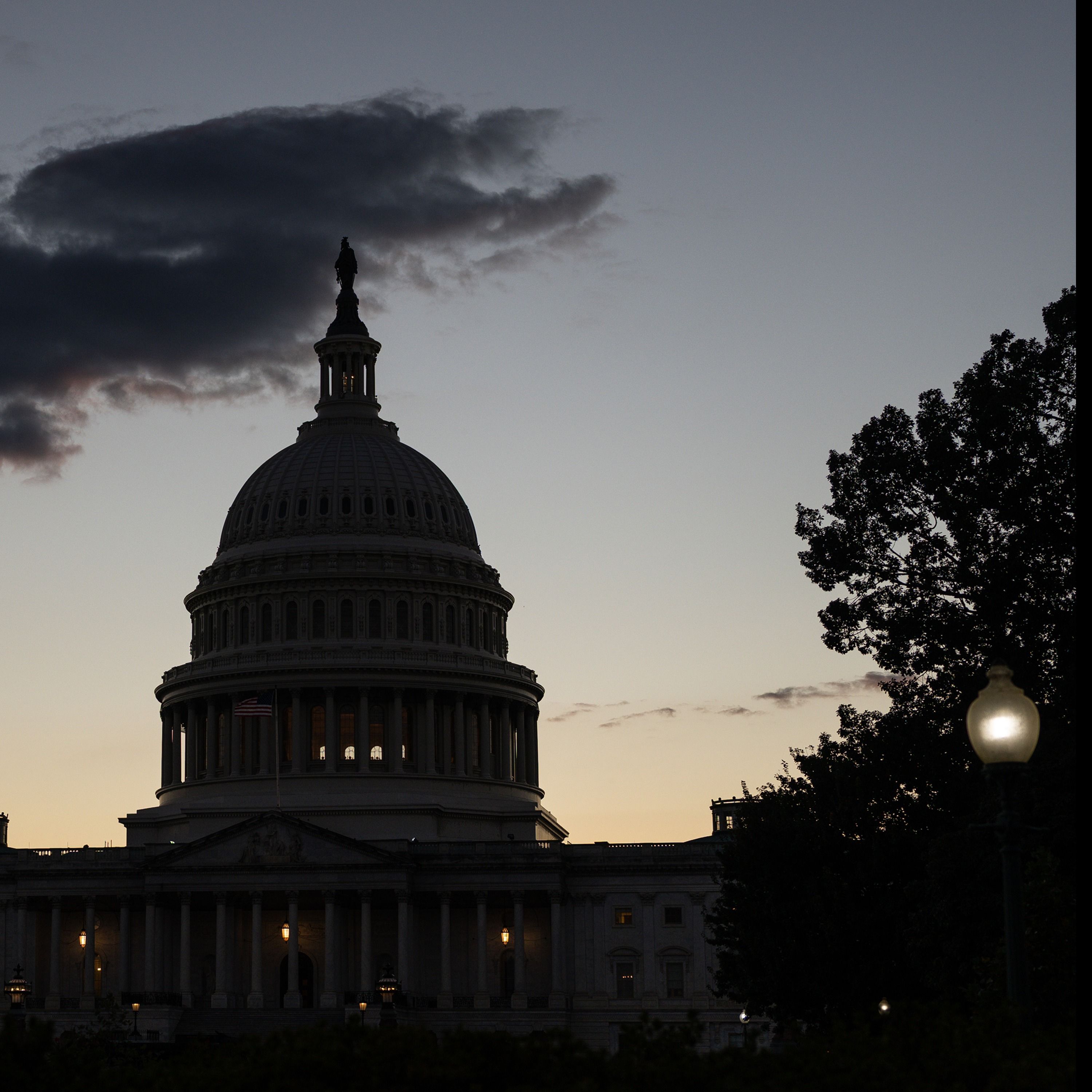A Shutdown Where None of the Normal Rules Apply
Under normal circumstances, the profound pain of a government shutdown compels both parties to negotiate a quick resolution on behalf of the American people. But, so far, nothing about this shutdown is normal.
Times journalists Michael Barbaro, Tyler Pager, Catie Edmondson and Tony Romm sit down to discuss why this shutdown feels so different.
Times journalists Michael Barbaro, Tyler Pager, Catie Edmondson and Tony Romm sit down to discuss why this shutdown feels so different.
Press play and read along
Transcript
Transcript is processing—check back soon.
The Daily — A Shutdown Where None of the Normal Rules Apply





